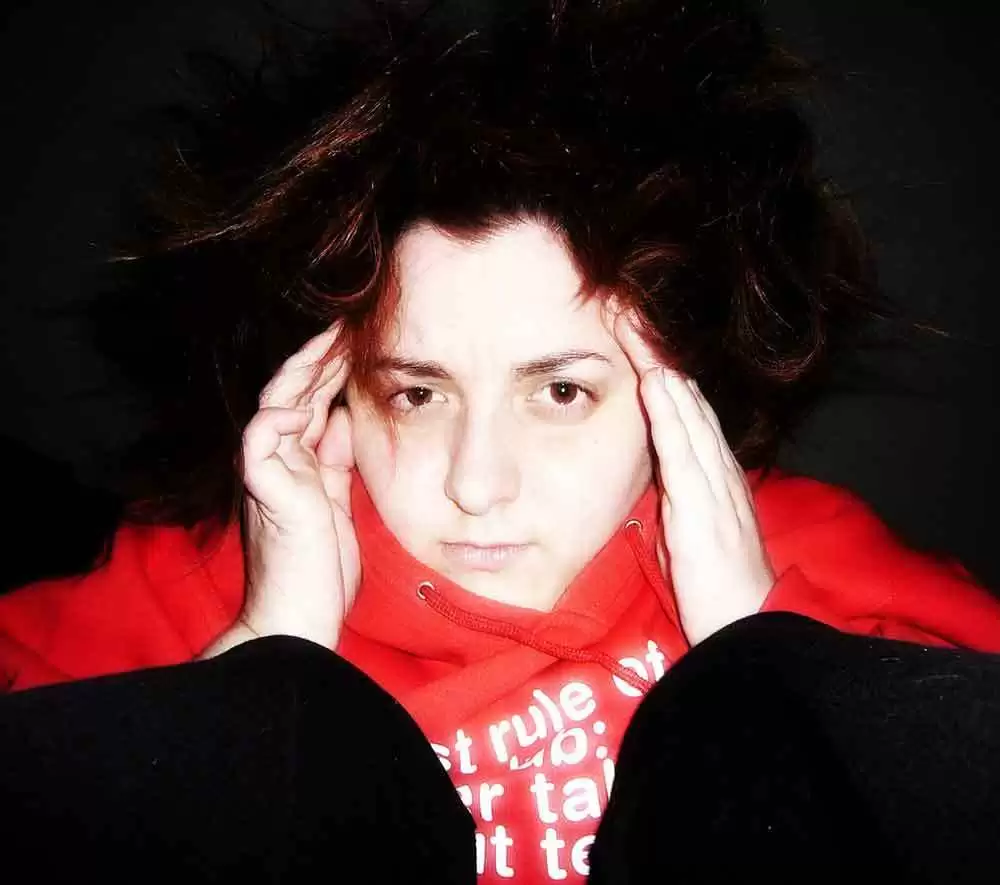
Celiac.com 02/24/2020 - Low FODMAP gluten and sham challenges show that nausea and vomiting after a meal are key signs of acute gluten ingestion, and reflect an active immune reaction in celiac patients who are otherwise following a gluten-free diet.
This became clear recently after a team of researchers set out to establish acute gluten-specific symptoms linked to immune activation in celiac disease.
Celiac.com Sponsor (A12):
The research team included A. James M. Daveson; Jason A. Tye-Din; Gautam Goel; Kaela E. Goldstein; Holly L. Hand; Kristin M. Neff; Leslie J. Williams; Kenneth E. Truitt; and Robert P. Anderson.
They are variously affiliated with the Faculty of Medicine, University of Queensland, Brisbane in Queensland, Australia; the Immunology Division, The Walter and Eliza Hall Institute, Parkville, Vic., Australia; the Department of Medical Biology, University of Melbourne, Parkville, Vic., Australia; the Department of Gastroenterology, The Royal Melbourne Hospital, Parkville, Vic., Australia; the Centre for Food & Allergy Research, Murdoch Children's Research Institute, Parkville, Vic., Australia; the ImmusanT, Inc., Cambridge, MA, USA.
For some people with celiac disease, FODMAPs in gluten-containing foods can trigger anxiety about a potentially harmful 'nocebo' effect, which can lead to acute symptoms after a gluten challenge.
The team enrolled 36 celiac disease patients on a gluten-free diet who received placebo in the RESET CeD trial. The team put each of the study subjects through a course of double-blind, bolus vital wheat gluten and sham challenges that were both low in FODMAPs with two weeks between courses.
The team measured daily Celiac Disease Patient Reported Outcome (CeD PRO) symptom scores on a scale of 0–10, adverse events and serum interleukin-2, at both baseline and 4 hours).
The highest increase was seen in average CeD PRO score for nausea, with sham challenge score of 0 vs gluten challenge score of 5.5.
Apart from tiredness and headache, changes in other symptoms were small or absent. Only nausea increased significantly in occurrence with gluten. Without nausea, only tiredness and flatulence were common after gluten.
Nausea and vomiting were the only adverse events more common with gluten than sham. Nearly all of the patients fed gluten showed raised levels of Interleukin-2, which corresponded to the severity of the nausea and the presence of vomiting.
These low FODMAP gluten and sham challenges show that nausea and vomiting after a meal are key signs of acute gluten ingestion, and reflect an active immune reaction in celiac patients who are otherwise following a gluten-free diet. However, IBS-like symptoms without nausea are unlikely to indicate recent gluten exposure.
Lastly, these findings indicate that FODMAPs may be an issue for many people with celiac disease. Many celiacs on a gluten-free diet, who think that they are having issues with gluten, might actually be reacting to FODMAPs, and may benefit from a FODMAP elimination diet.
Read more in Alimentary Pharmacology & Therapeutics; 2020;51(2):244-252.










Recommended Comments
Create an account or sign in to comment
You need to be a member in order to leave a comment
Create an account
Sign up for a new account in our community. It's easy!
Register a new accountSign in
Already have an account? Sign in here.
Sign In Now